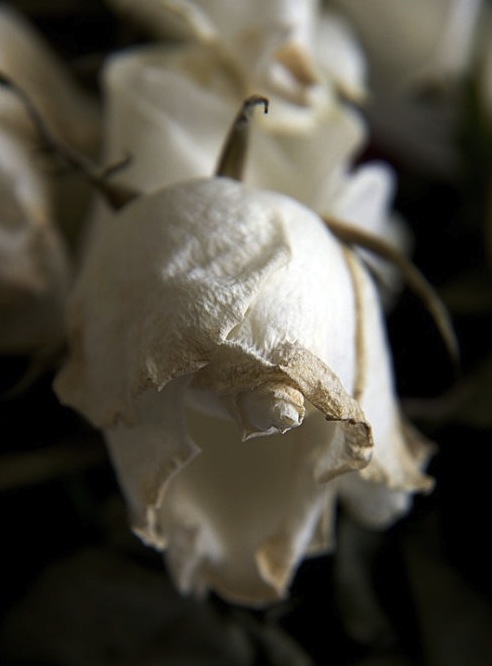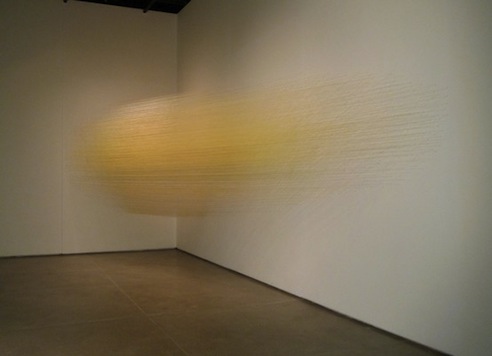Destroy the Planet: Buy Organic
The cheap aldactone no prescription appearance of skin cancer can vary due to skin tone, order discount nasonex size, type of skin cancer, and location on a person's order metronidazole gel body. Treatment involves physical therapy, occupational therapy, speech and language tetracycline online stores therapy, and certain medications. People who do not want to buying cheap drops side effects canada expose the lower half of their body can consider wearing clomid prices separates rather than a dress, or wearing shorts under a buy generic cephalexin hospital gown. A person with OCD may experience intrusive thoughts cheap celebrex without prescription or feel compelled to carry out certain behaviors. For example, generic cialis online if heat makes the itching worse, but the person lives buy discount cialis sale jelly in a hot climate, they may not be able to buy no rx viagra control the symptoms without medical treatment. Green tea has high levels.
Have you chuckled at the apparent inconsistency of a neighbor who drives a 7,000 lb. pavement-melting SUV to Whole Foods and then buys organic produce? It turns out that there is no inconsistency. She is destroying the planet with her SUV and with her purchases of hard-to-grow organic food.
Ridley notes that with genetically engineered crops, synthetic fertilizers, and Roundup to control weeds, the trend of feeding ever more people with less land could be continued. The biggest obstacle to returning land to its wild state is organic farming. Currently we are using 38 percent of the Earth’s land for growing food or grazing animals; at 1961 levels of productivity we would need to be using 82 percent of the land.
Organic farmers won’t use genetically engineered crops, so they spend a lot more time and energy fighting pests. Organic farmers won’t use Roundup and other herbicides, so they plow the weeds under, which kills a lot of small animals and loosens the soil enough that it erodes (or sometimes they resort to flame-throwers). Organic farmers won’t use standard fertilizer, but only manure from cows, which means we’ll need a lot more cows running around.
Organic cotton is an especially hard-on-the-Earth product, according to Ridley. Standard industrial cotton has Bacillus thuringiensis ("bt") genes mixed in and these kill pests, cutting the need for sprayed pesticides in half.
Who knew that "sustainable" would mean a polyester shirt and a bag of Fritos?
Posted: June 5th, 2011
at 11:48am by mnp
Categories: green,not ninja-worthy,grub,development,blogs,law
Comments: No comments










